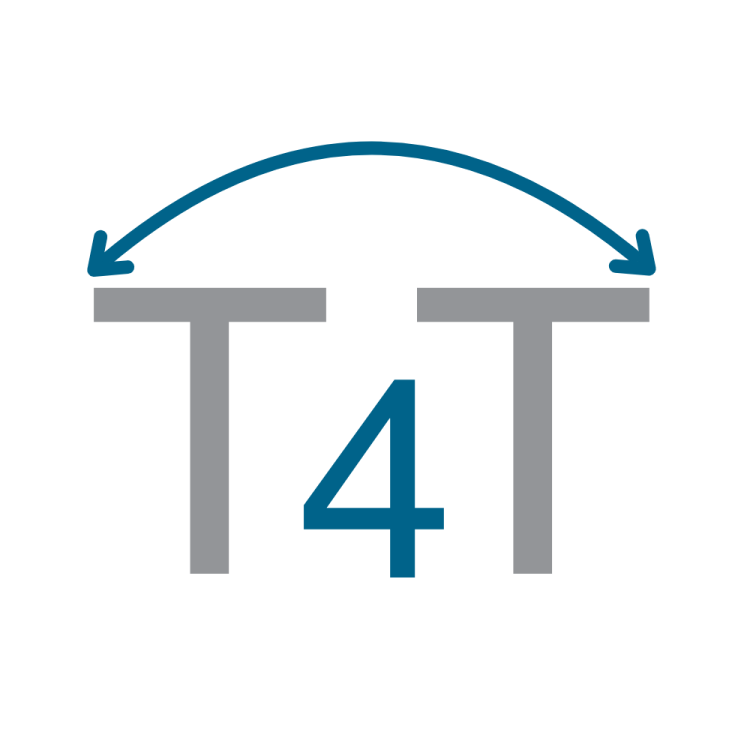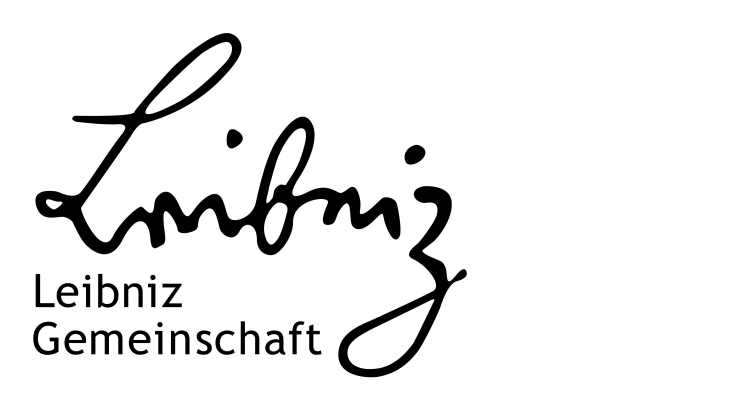- Startseite
- Veranstaltungen
- Konferenzen und Workshops
- Co-LABorate Vol. 2: Preserving and Transferring Indigenous Knowledge in a Digital World
Workshop
Preserving and Transferring Indigenous Knowledge in a Digital World
Datum
10.03.2025 - 12.03.2025















The United Nations Declaration on the Rights of Indigenous People (UNDRIP) define "indigenous" as referring to people, cultures, and communities native to a particular geographical region, having existed there for a long period before the arrival of outside populations or influences. Key aspects of the UN’s definition include unique traditions, languages, and social systems that are distinct from those of the society-at-large, as well as a deep connection to their ancestral lands.
In the context of global sustainability transformation, there is a need to reclaim—or decolonize— the meaning of "indigenous" and "traditional" and how they relate to human flourishing and sustainability. Indigenous communities are often perceived as traditional, backward-looking, and underdeveloped, partly because of their historical marginalization, lack of access to modern infrastructure and education, and the preservation of their traditions and rituals (Smith, 2012, Escobar, 1995).
Traditional and indigenous wisdoms offer holistic views of care, integrating community, environment, and spirituality (Storm, 2021, Chang and Bai, 2016), which can effectively complement modernist views for example on technological innovation and climate protection. Furthermore, indigenous wisdom is not homogenous, and there are significant differences between the bodies of knowledge of indigenous communities. In their own way, diverse indigenous perspectives challenge Western paradigms by emphasizing relationships and interconnectedness, presenting care as an all-encompassing practice rooted in the symbiosis of human and natural systems.
To fully harness the rich knowledge of indigenous communities, it is essential for us to navigate with them the challenges and seize the opportunities presented by today’s rapidly evolving digital age. Historically marginalized, these communities often face limited access to modern technologies, which can deepen their exclusion. Moreover, the digital era introduces new risks, including the misappropriation and exploitation of their traditions, rituals, and practices, adding to the injustices they already endure.
At the same time, the digital age offers unprecedented opportunities for Indigenous peoples to preserve, revitalize, and share their cultural heritage while also gaining new tools for education, economic development, and self-determination. By embracing digital platforms, Indigenous communities can document and disseminate their languages, stories, and traditional practices, ensuring they are passed down to future generations. Moreover, digital tools provide a means to connect with a global audience, fostering greater understanding and collaboration across cultures.
Goals and objectives:
The main goal of the workshop is to identify and address the essential challenges and opportunities for global transformation towards sustainability through the preservation and dissemination of indigenous knowledge in a digital age. In addition, the workshop aims to recognize and honor indigenous ways of knowing, being and doing.
To achieve these goals, the workshop adopts innovative dialogue and knowledge transfer formats inspired by indigenous communities. These approaches foster active listening, respect for diverse perspectives, integration of personal experiences and traditional knowledge, consensus-building, and a strong emphasis on relationships.
The workshop brings together leading scholars, practitioners and representatives of indigenous communities to answer important questions:
Session 1: State of the Art: Current Challenges and Opportunities for Indigenous Knowledge in the Digital Age
In the digital age, indigenous knowledge faces several challenges and opportunities. Challenges include lack of reliable access to internet and computers, and digital literacy education as well as cultural appropriation and misrepresentation. Opportunities include preservation and revitalization through digitization of traditional knowledge, oral histories, and cultural artifacts as well as community empowerment through digital storytelling and advocacy in social media.
In this panel, we want to set the stage for all discussions. We call on representatives from various indigenous communities to present the current challenges their communities are confronted with and which opportunities they see for preservation through the integration of indigenous knowledge with modern (digital) technology.
What are the current challenges that confront indigenous communities and how does digitalization exacerbate the negative effects of their marginalization?
What are the knowledge tools used to record, disseminate and preserve stories, myths, traditions and practices that embody indigenous people’s wisdom?
How can digital platforms be designed to facilitate the intergenerational transfer of indigenous wisdom within communities?
Session 2: Indigenous Knowledge as Enabler of Global Sustainability Transformation
Indigenous communities, with their deep-rooted knowledge of sustainable living, are key drivers of global sustainability. Their traditional ecological practices offer vital insights into resource management, biodiversity conservation, and climate resilience. As guardians of some of the planet's most biodiverse regions, Indigenous peoples are leading efforts to protect our global commons. By blending indigenous wisdom with modern sustainability practices, they are shaping a more sustainable and equitable future, making them essential partners in addressing global environmental challenges
In this session, we explore how indigenous knowledge can offer new and alternative imaginaries on social institutions - politics, economics, technology, religion, gender, and education - that underpin contemporary societies, which are key to global sustainability transformation. In this regard, we want to ask the following questions:
Which alternative ways of seeing and designs of social institutions are offered by indigenous knowledge that can help dismantle path dependencies and dominance structures such as toxic hypermasculinity?
How can indigenous knowledge systems inform and enhance modern technological, entrepreneurial, educational, and scientific practices to promote global sustainability transformation?
Session 3: Strategies for Addressing New and Old (In)Justices to Indigenous People
Indigenous people around the world face a variety of injustices, often stemming from historical colonization, systemic discrimination, and ongoing marginalization. The emergence of digital technologies such as artificial intelligence may endanger their cultural preservation through language loss, and cultural appropriation. Furthermore, new challenges are emerging in the digital age as some existing guardrails for the preservation of indigenous knowledge are removed. At the same time, digital innovation can offer opportunities to help indigenous people achieve representation, autonomy, economic inclusion and adaptation to climate change.
In this session, we focus on the interface between the public and private sector to identify good practices from various stakeholders to address injustices to indigenous communities. These practices include capacity building, policy and legal reforms, fair business models and community-led initiatives.
Which new injustices towards the indigenous communities are emerging in the digital age?
How can digital innovation help address injustices that confront indigenous communities such as the misappropriation and exploitation of indigenous wisdom?
Session 4: Connecting Global and Regional Visions with Local Solutions – Improving the Role of Indigenous Knowledge in Shaping Global Interactions
The connection between global visions of sustainability and local solutions is a crucial aspect of global transformation to address complex challenges such as climate change and social justice. Preserving and transferring indigenous knowledge is important in finding context-specific strategies and actions that meet the unique needs of individual communities.
This session aims to understand how to enhance the potentials of indigenous knowledge in leveraging local knowledge, resources, and expertise to realize global visions of sustainability and human flourishing.
How can digital innovation help connect global and regional visions with the local solutions offered by indigenous knowledge?
How can international cooperation support the digital preservation and transfer of indigenous knowledge (and vice-versa)?
Session 5: Indigeneity models of a sustainable future
Indigenous knowledge is essential to shaping the future we envision. Indigenous thinkers provide transformative models in finance, economy, innovation, education, governance, international relations, and social cohesion that have the potential to revolutionize our world.
This session showcases groundbreaking models of indigeneity, presented by dynamic young thinkers, activists, and practitioners who are driving these visionary ideas forward. The session asks the following question:
So, how can indigenous knowledge bring us into the future we envision?
Programme Committee PD Dr. Dr. Ariel Macaspac Hernandez
Organisation
Adresse
German Institute for Global and Area Studies (GIGA), Jungfernstieg 21, 20354 Hamburg
Sprache
Englisch, Spanisch, Portugiesisch
Download Co-LABorate 2 Stakeholder Workshop Programme







